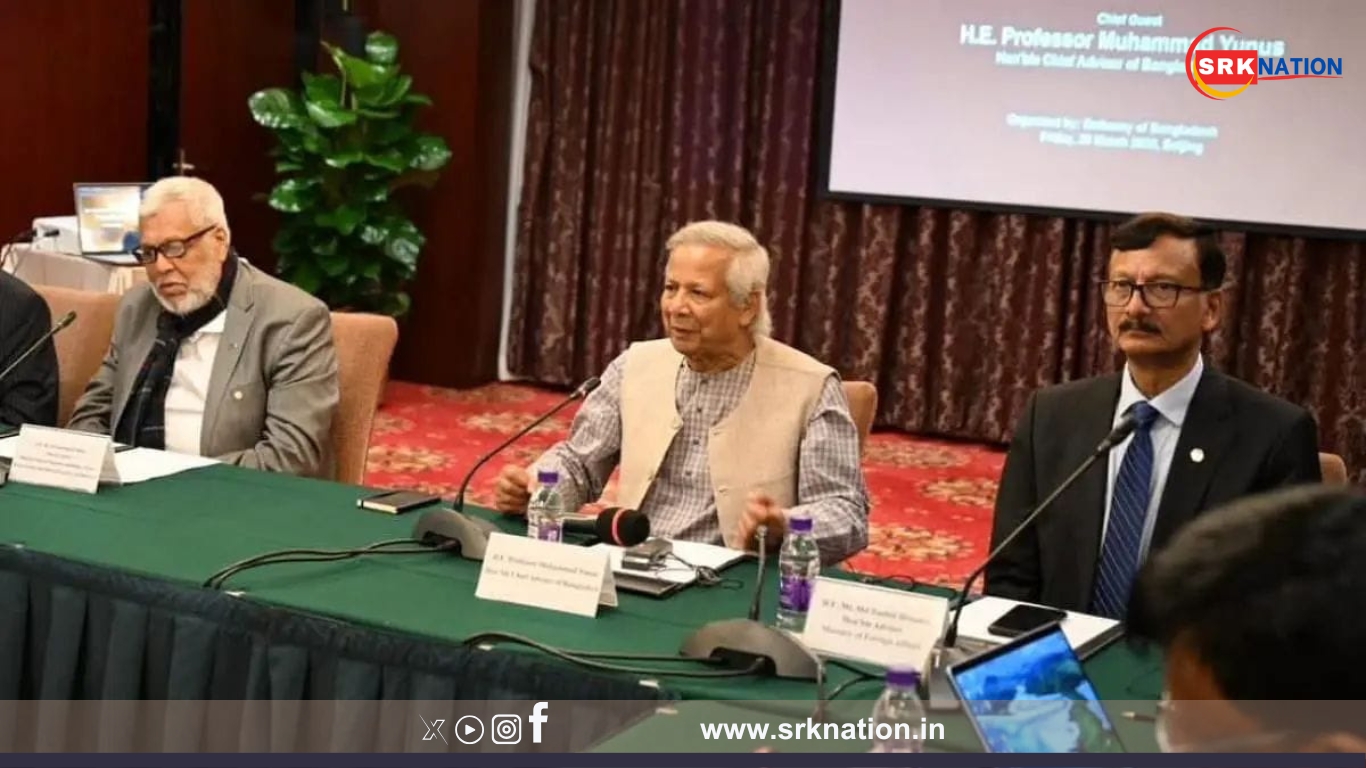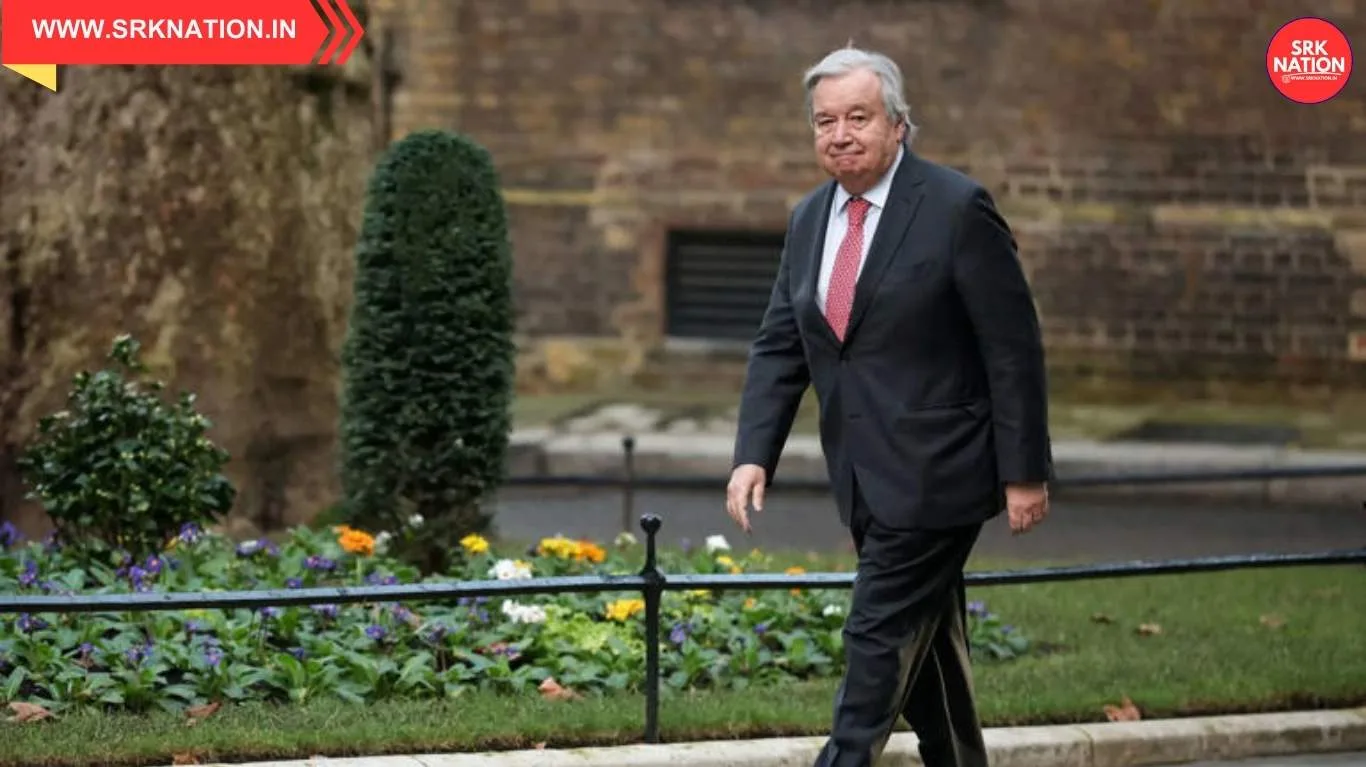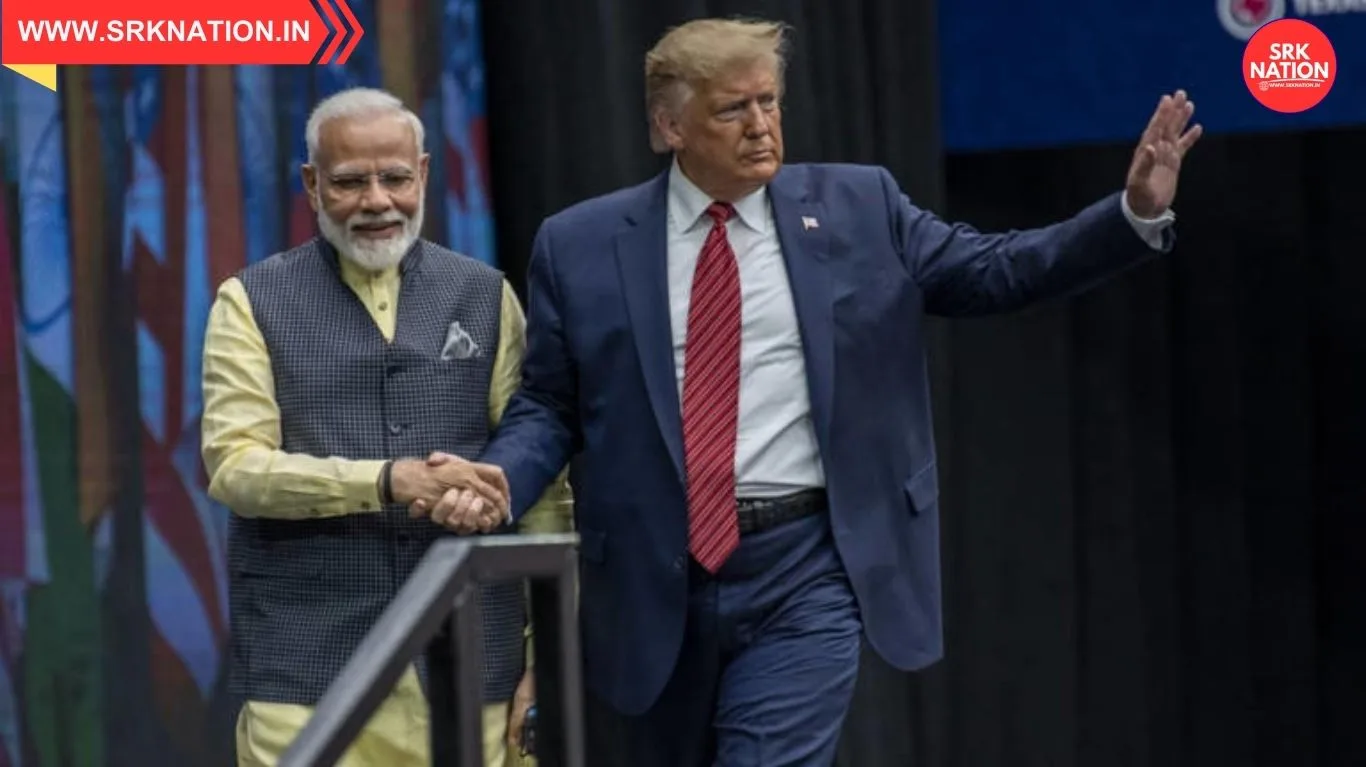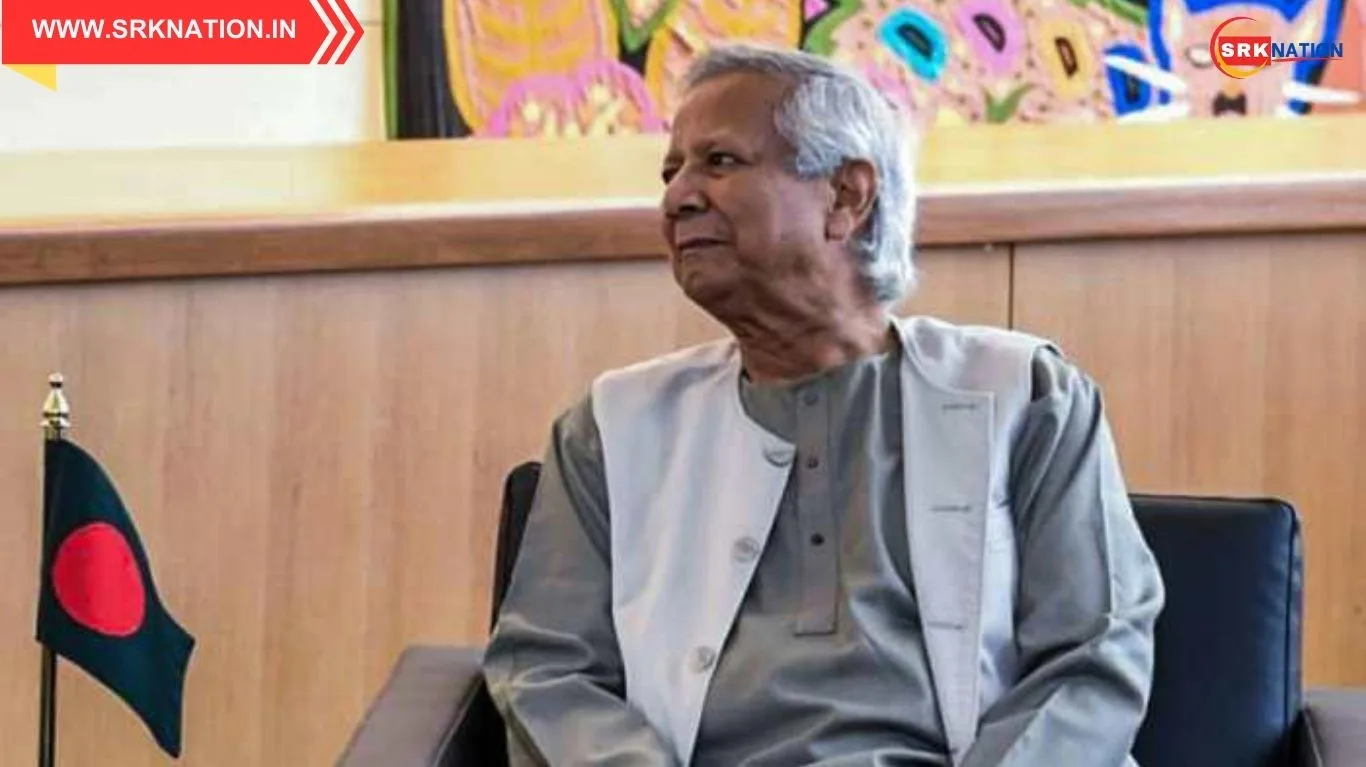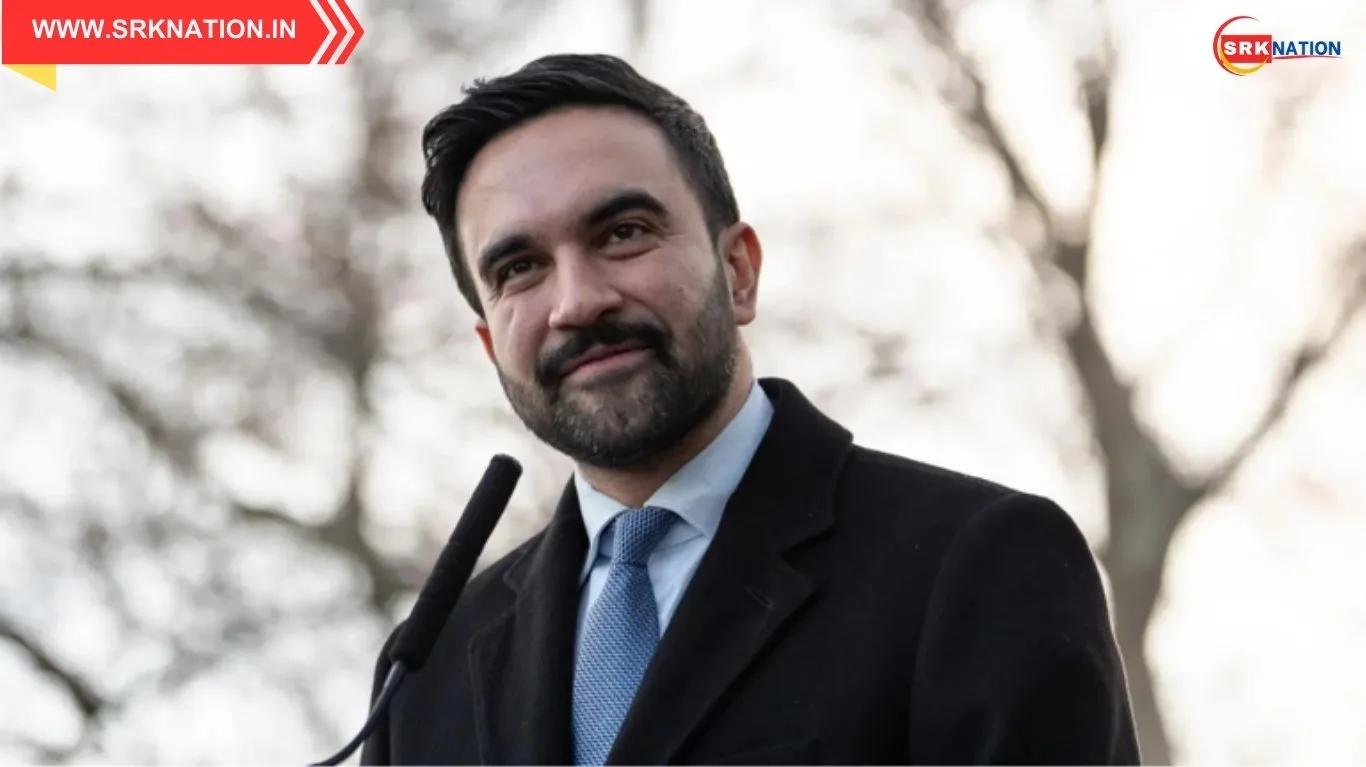Muhammad Yunus, Bangladesh’s interim leader, has shifted his stance on India’s Northeast, calling for a cross-border economic integration plan involving Bangladesh, Nepal, Bhutan, and the Seven Sisters states of India. His remarks come months after he controversially described the region as “landlocked” while pitching investment opportunities to China.
Yunus Advocates for Regional Cooperation
During a meeting with Indira Rana, Deputy Speaker of Nepal’s House of Representatives, Yunus emphasized the need for economic collaboration across South Asia. “There should be an integrated economic plan for Bangladesh, Nepal, Bhutan, and the Seven Sisters. We have more to gain together than apart,” Yunus stated.
A Shift from His Earlier Remarks
Yunus’ latest comments mark a notable departure from his previous stance in March 2025, when he positioned Bangladesh as the “only guardian of the ocean” and invited Chinese investment to leverage Bangladesh’s strategic location. His earlier remarks drew criticism from Indian leaders, prompting India’s Ministry of External Affairs to reaffirm the Northeast’s strategic importance within BIMSTEC (Bay of Bengal Initiative for Multi-Sectoral Technical and Economic Cooperation).
Key Areas of Economic Integration
Yunus highlighted hydropower, healthcare, and transportation infrastructure as key sectors for collaboration. He praised the Bangladesh-Nepal-India Tripartite Power Sales Agreement, which enables 40 MW of Nepalese hydropower to be transferred to Bangladesh via India. Additionally, Bangladesh is set to open a 1,000-bed hospital in Rangpur, welcoming patients from Nepal and Bhutan, promoting regional health security.
India’s Response & Geopolitical Implications
India’s Central Board of Indirect Taxes and Customs (CBIC) recently revoked a transshipment agreement that allowed Bangladeshi goods to move through Indian territory en route to Nepal, Bhutan, and Myanmar. The move was seen as a response to Yunus’ earlier remarks, which suggested that India’s Northeast could become an extension of the Chinese economy.
Looking Ahead
With Yunus now advocating for regional economic integration, analysts believe his policy shift could pave the way for stronger trade and infrastructure ties between India and its neighbors. However, India’s strategic concerns regarding China’s influence in the region remain a key factor in future diplomatic engagements.







